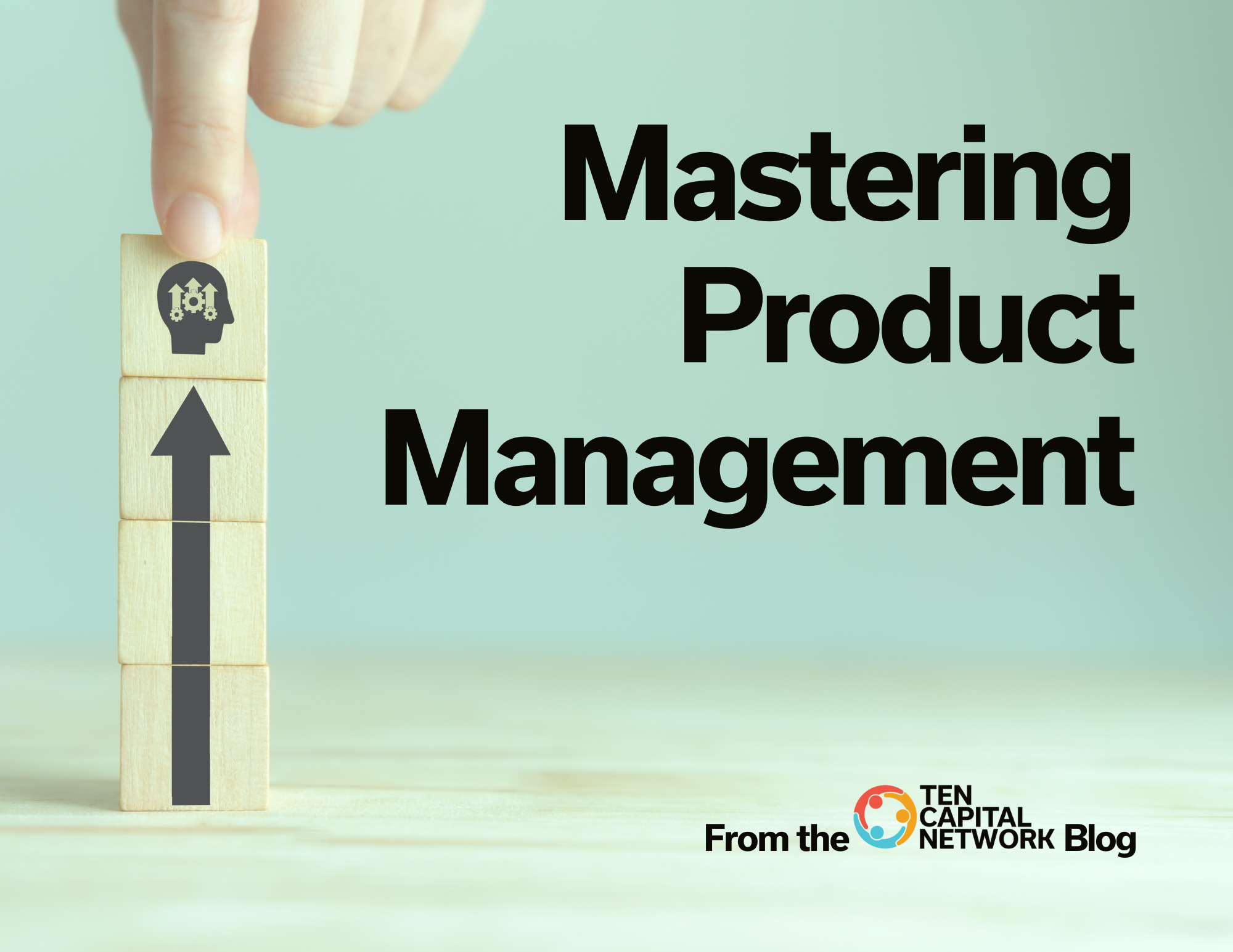3 min read There are many different Market Valuation Methods, but which one is right for you?
As a startup, you must determine your target valuation. Several methods can be used to accomplish this, and different ways work better for various companies. We have described each market valuation method below so that you can decide which is best for you.
Market Comp
Look at similar companies to yours that have recently raised funding to guide your valuation selection.
- Start with Crunchbase. Look up companies in your industry and sector to find out their fundraiser.
- Take the funding amount and divide by 0.2 or 0.3 to get the post-money valuation. Using 0.2 yields the high end of the range, while 0.3 yields the low end of the spectrum.
- Subtract the funding amount from the post-money to get the pre-money valuation.
Step Up
This method uses ten factors. Each factor adds $250K to the valuation. You may give partial credit for items that have some progress made.
Factors include:
- The total market size is over $500M.
- The business model scales well.
- Founders have significant experience.
- More than one founder is committed full-time.
- MVP is developed, and customer development is underway.
- The business model is validated by paying customers.
- Significant industry partnerships have been signed.
- Execution roadmap has been developed and is being achieved.
- IP has been issued, or technology is protected.
- The competitive environment is favorable.
Risk Mitigation
This method assigns dollar values to the startup’s accomplishments in four categories: Technology, Market, Execution, and Capital.
Technology Risk Mitigation
- Prototype developed
- 3rd party validation
- IP filed
Market Risk Mitigation
- Market research
- Early adopter program in place
- Channel partners established
Execution Risk Mitigation
- Experienced founders
- Prior exit
- Detailed execution roadmap in place
Capital Risk Mitigation
- Early funding
- Angel Rounds Needed
Add up all the values to get your pre-money valuation.
VC Quick
This method assumes the exit value your startup is being acquired for and works backward to calculate what your startup must be worth now.
- Estimate your exit value using industry trends or by using Price/ Earnings multiples.
- Calculate the post-money valuation.
- Calculate the pre-money valuation.
- Calculate the equity percentage owned by the investors.
Venture Capital
The Venture Capital method of valuation uses a discounted cash flow combined with a multiples-based valuation. The valuation takes into account cash flows in a best case, medium case, and worst-case scenario and then uses an industry multiple to set the anticipated sell price.
The cash flows and exit price are discounted, giving three valuations – one for each scenario. Each is assigned a probability giving the final value with a probability-weighted sum of the three.
Liquidation
In this valuation method, the exit value is set to the value of the business at liquidation- the value of all assets minus liabilities, which values the business primarily for physical assets and branding.
When you sell the business for assets only, it’s often about 10% of what you could have sold it for if it were an ongoing business.
5X Your Raise
Most investors want to see the valuation for their money coming in at 20%-25% of the post-money valuation giving a 4-5X valuation based on the investment.
For example, using 4X raising $500K, a $500K investment plus $1.5M pre-money yields a $2M post-money valuation.
Using this method gives you a ballpark estimate for setting the valuation of your raise.
Which Works Best?
Does one of the valuation tools listed above stand out as the one for your business? Let us know which one and why in the comments below.
Read more in the TEN Capital eGuide: https://www.startupfundingespresso.com/negotiations-and-valuations/

Hall T. Martin is the founder and CEO of the TEN Capital Network. TEN Capital has been connecting startups with investors for over ten years. You can connect with Hall about fundraising, business growth, and emerging technologies via LinkedIn or email: hallmartin@tencapital.group





